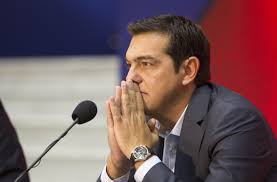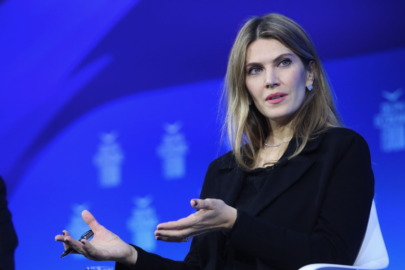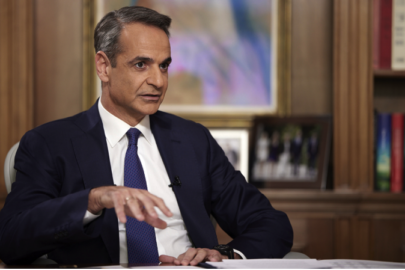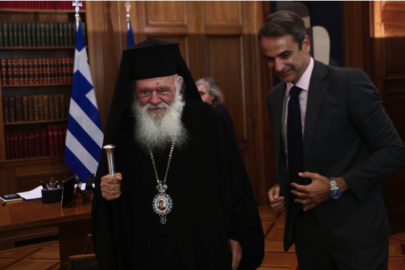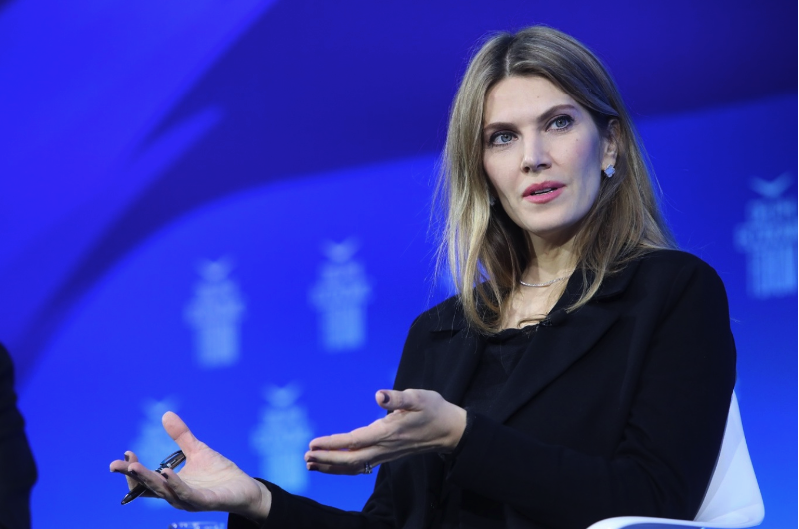Greece’s Prime Minister Alexis Tsipras will be among the Balkan and European Union leaders that gather in the Austrian capital on Saturday for a mini-summit on the issue of migration along the “Balkan corridor.”
Greece has a clear agenda that was presented during the United Nations meetings on migration in New York and would open on a European level on Saturday.
The summit was convened by Austrian Chancellor Christian Kern and brings together the heads of state and government of Germany, Greece, Croatia, Romania, Bulgaria, Hungary, Slovenia, Albania, the Former Yugoslav Republic of Macedonia (FYROM) and Serbia. Also to attend are European Commissioner for Migration, Home Affairs and Citizenship Dimitris Avramopoulos and the European Council President Donald Tusk.
The Greek prime minister’s contribution to the summit meeting is expected to be particularly significant, as one of the countries directly affected by the crisis.
Greek government sources said the prime minister will emphasise that the refugee issue posed a major threat of destabilisation and humanitarian crisis in 2015, whereas the foundations for managing the crisis had now been laid and it was clear what policies worked and what needed to be done. For this reason, they added, the prime minister will “draw a line” and stress that there is no point in making this a global issue, if states are going to then raise fences to keep refugees away and trap them in other countries.
Regarding the EU-Turkey agreement, the government estimated that all members should meet their commitments and added that the implementation of the agreement also depends on the Greek-Turkish relations.
In Vienna, Tsipras will be able to highlight the challenge facing Greece due to the migration crisis, noting that 60,000 refugees and migrants were now trapped in the country since its northern borders were unilaterally closed. He is also expected to make clear that if Greece fails in its efforts to cope with the crisis, only the most xenophobic, nationalist and far-right forces in Europe stand to gain, as reflected in elections and polls in Austria and neighbouring countries.
Greek positions on refugee crisis at Vienna mini-summit
In Vienna, Tsipras will be able to highlight once again the challenge facing Greece due to the migration crisis

